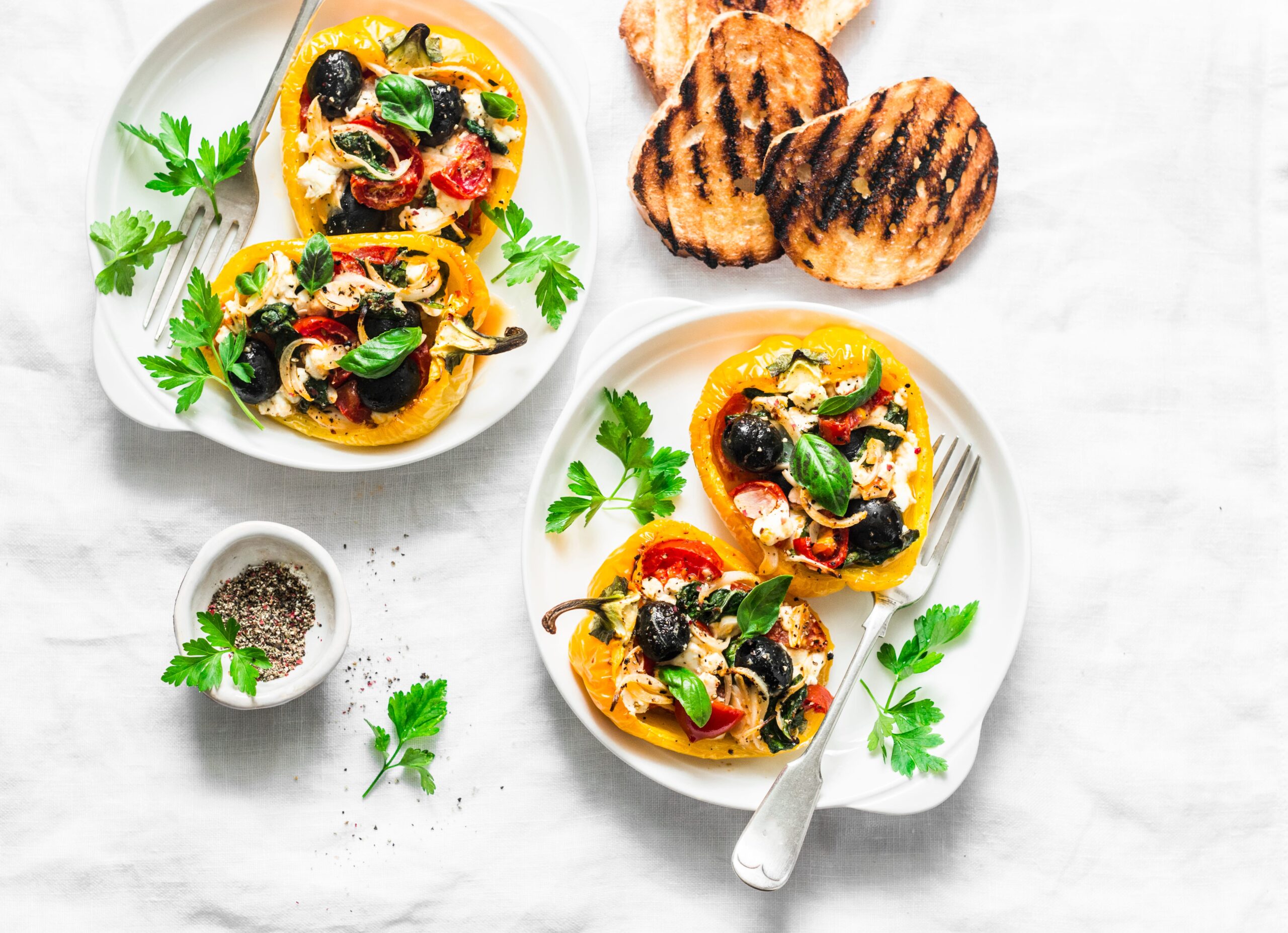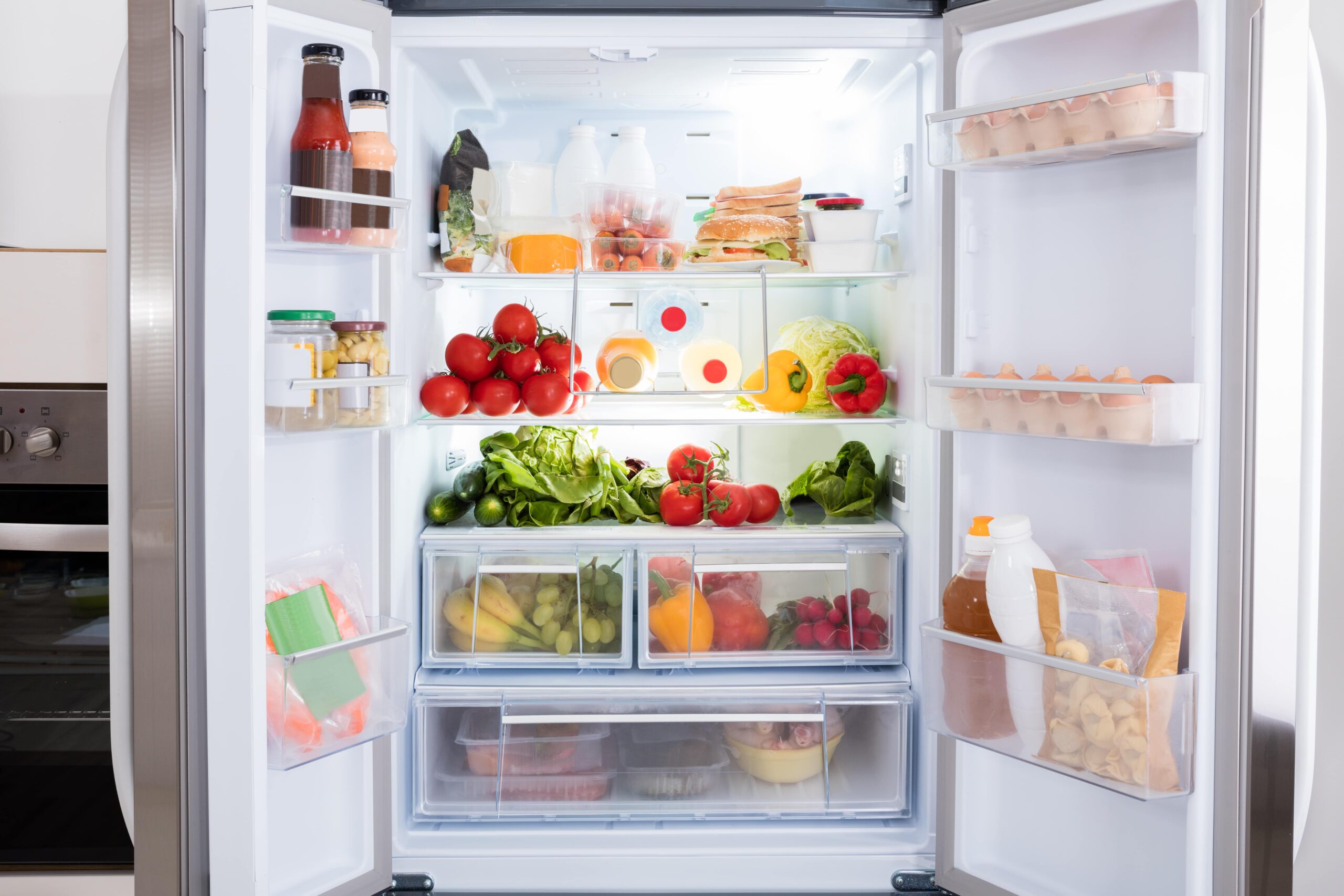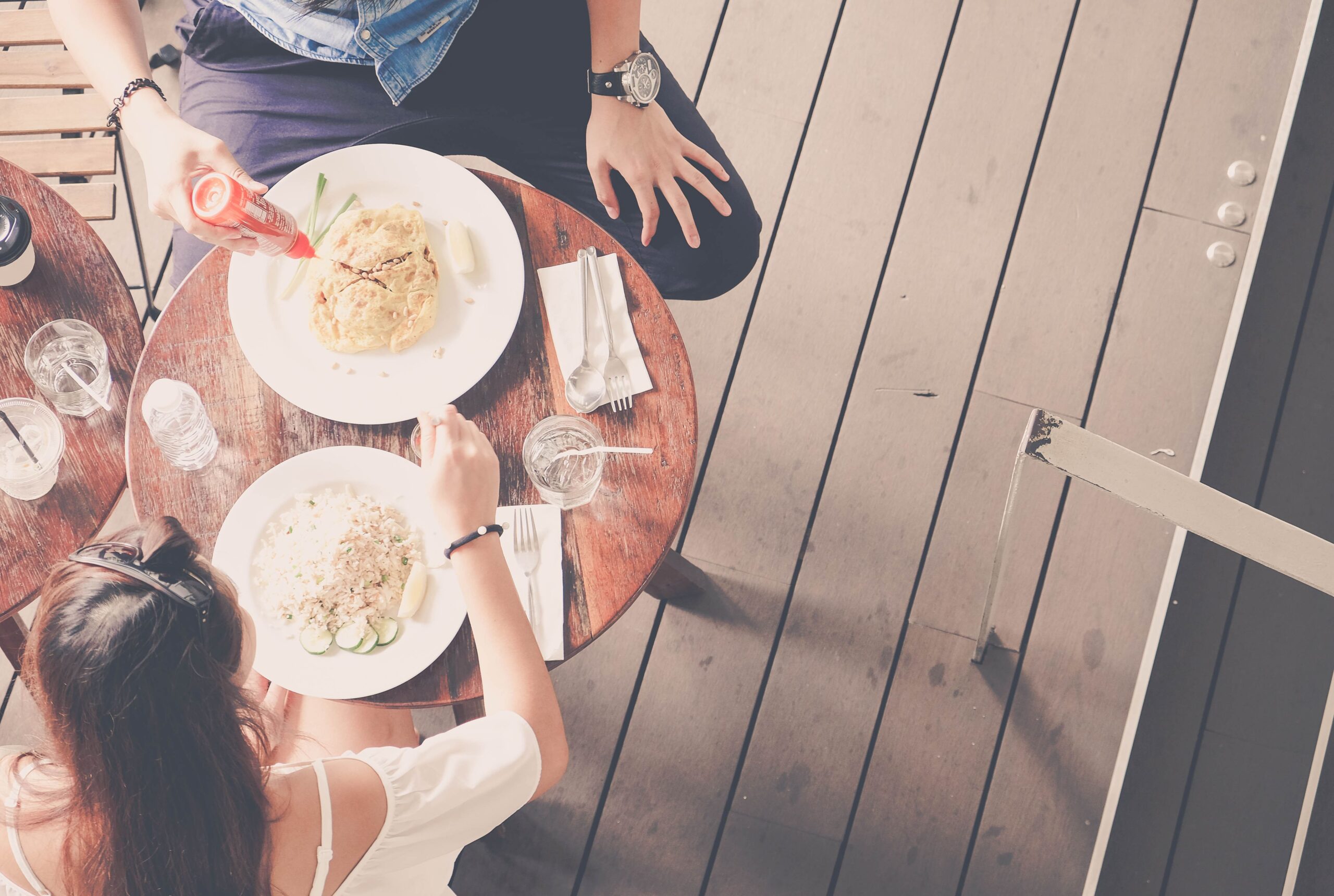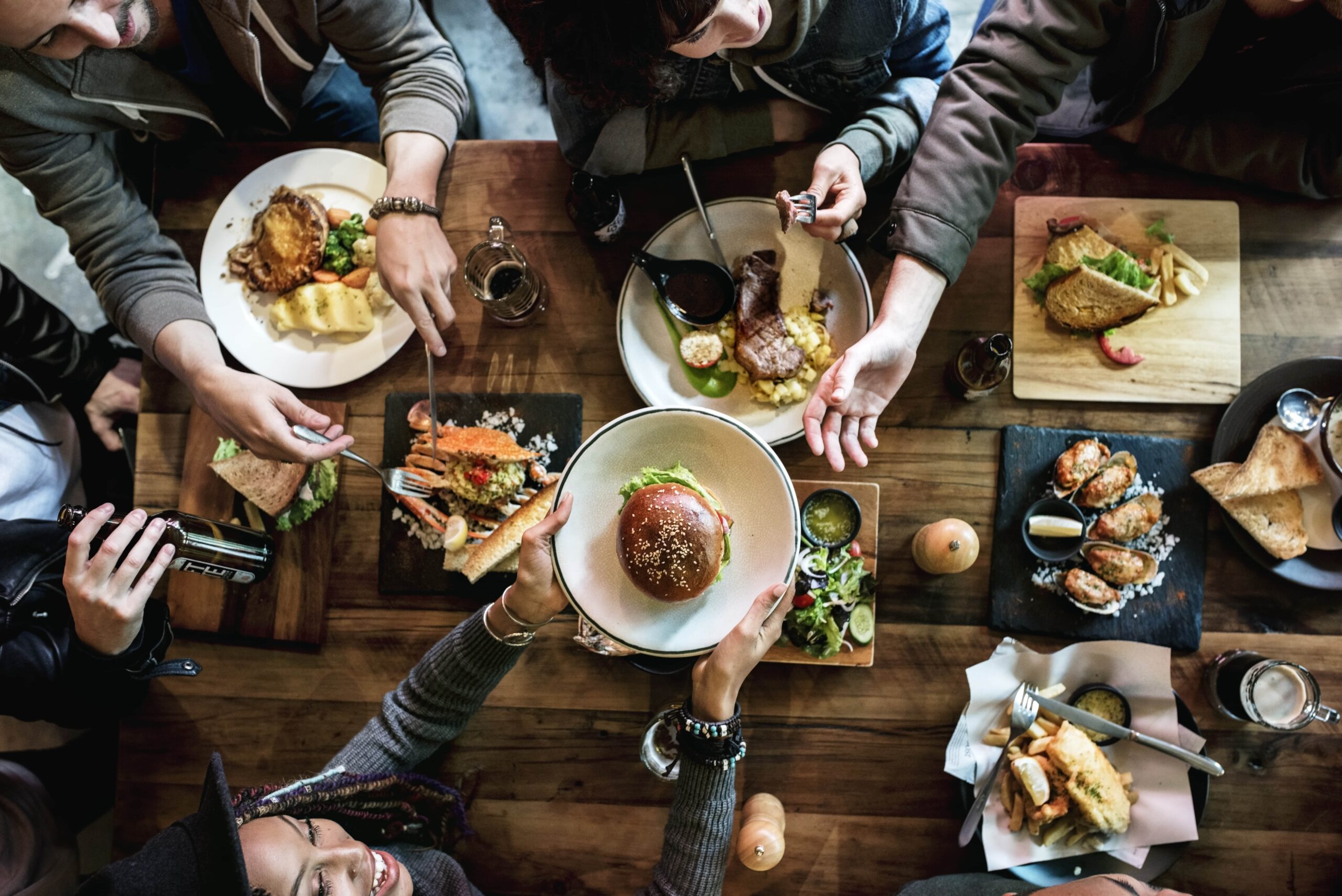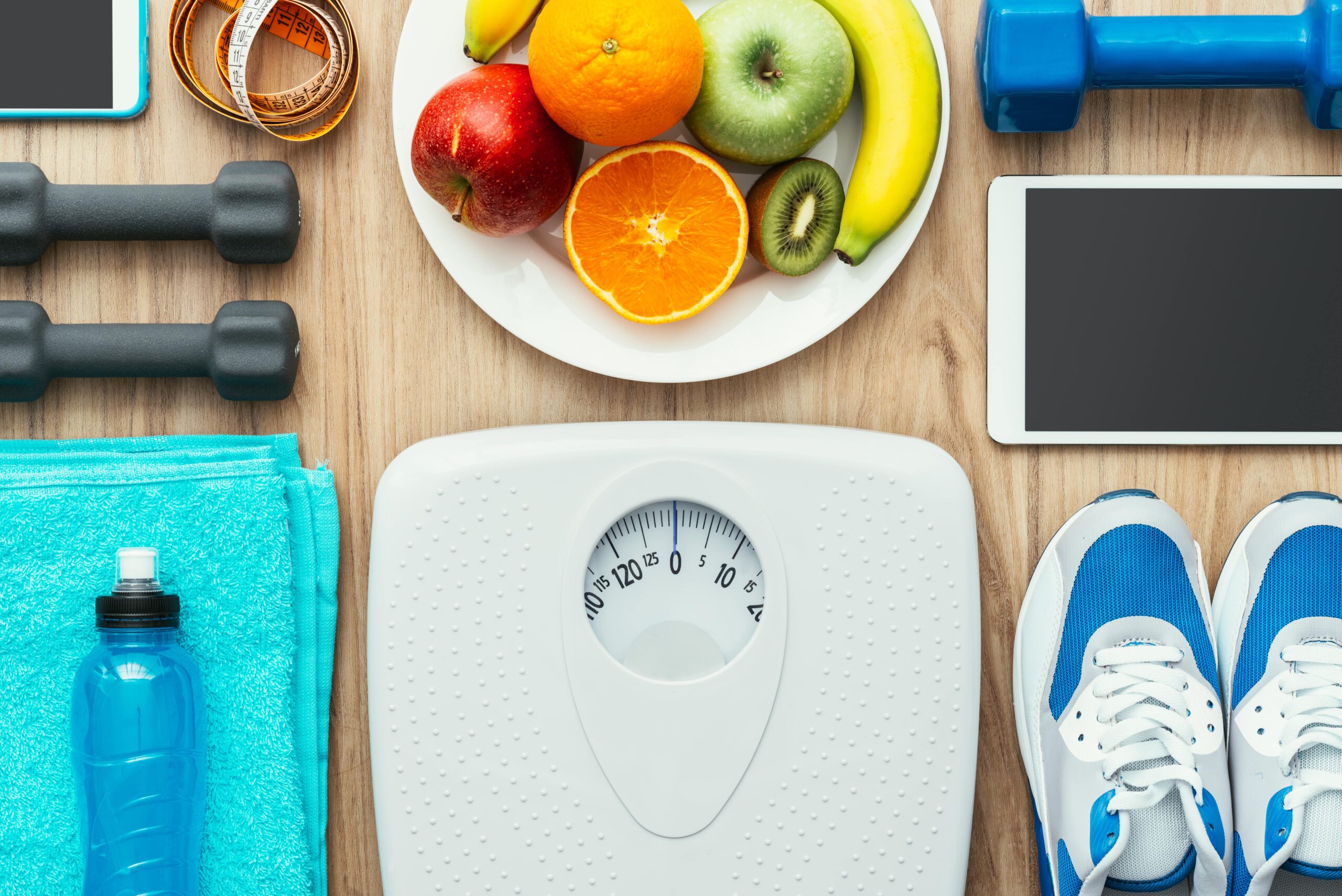Instagram and negative body image
Is there a relationship between negative body image and Instagram use?
Over the years, social media usage has taken off massively. It took Facebook just three years to grow to a 50-million user base, and many are aware that this tech giant now owns other big names in the social media world, including WhatsApp and Instagram.
Whilst these apps are intended to link us with our individual networks of friends and family, they may also inspire new connections, introduce us to thought-leaders and ‘influencers,’ and even spread subconscious messages and standards, particularly when it comes to beauty and health.
However, there is still much controversy about the benefits (or threats) of using social media regarding body image, dieting and physical activity.
You may have previously read our blog on body image and social media use. This article will cover body image impacts, focusing specifically on Instagram.
Fitness and diet influencers on Instagram have been criticised for sharing misinformation about nutrition or triggering those with histories of an eating disorder, reinforcing destructive eating patterns in those most vulnerable. This impact on body image can lead to low self-esteem, depression, and anxiety – negatively affecting the user’s mental health.
Subconsciously, Instagram may be putting out messages on how society should eat, look, and dress, but this isn’t always representative of different sizes, ethnicities, and cultures. It arguably has reinforced unrealistic beauty standards. Little regulation exists on Instagram, meaning that airbrushed and photoshopped bodies and faces are often the norms, and little is done to control or avoid this.
Survey-based research has indicated that higher Instagram usage when following health food accounts is associated with a greater tendency towards orthorexia nervosa. (1)
Influencer anecdotes of ‘how cutting out dairy and gluten cleared my skin’ and ‘what I eat in a day’ posts can be easily misleading and lead healthy audiences to restrict eating and eliminate food groups, often with no guidance from a healthcare professional. Not only could this harm body image perceptions of ourselves, but it can be dangerous from a physical health perspective, too.
How does Instagram affect body image negatively?
A 2021 review comparing social media platforms and body image impacts found that more visual platforms, i.e. Instagram, were more dysfunctional for body image than text-based ones such as Facebook and Twitter. Positive comments and reactions (likes) intensified these negative consequences. Disclaimer captions and ‘fitspiration’ content did not show any positive effects on body image. (2)
A 2017 questionnaire on 259 women aged 18 – 29 years, measured Instagram and Facebook use with body image outcomes. It was found that appearance-focused use of these apps – engaging in photo activities on Facebook and appearance-focused Instagram accounts were most associated with thin-ideal internalisation, body surveillance and a drive for thinness. Neutral accounts, however, were not associated with any negative body image outcomes. (3)
A 2018 study measured the effects on body image when viewing ‘highly-liked’ Instagram posts of thin-ideal or average bodies. The cohort of 220 female undergraduate students was seen to have a greater body and facial dissatisfaction when looking at the thin-ideal images compared to the average. (4)
A further study on 138 female undergraduates showed either celebrity, attractive ‘peer’, or travel images found that exposure to celebrity and peer photos increased body dissatisfaction in contrast to the travel images. This concluded that exposure to images of attractive celebrities or peers could be detrimental to women’s body image. (5)
When focusing on the effect of captions, two studies showed that when comparing photos with either no caption, a body-positive caption, or a disclaimer caption, all three may increase body dissatisfaction and decrease body appreciation equally.
No significant effect was found regarding the presence of captions and their content – implying that captions do not serve to improve women’s body image or mitigate any negative impacts caused by viewing these photos. Both studies, therefore, concluded that on social media, visual imagery remains the most potent contributor to body image effects than any accompanying words. (6,7)
Many of us may also be able to relate to increased phone usage during the COVID-19 pandemic and the various lockdowns we may have had to endure. A questionnaire on 2601 Spanish women aged 14 – 35 years showed that this significant increase in social media usage was particularly harmful to women following appearance-focused Instagram accounts – correlated with greater body dissatisfaction and a drive for thinness. (8)
What role does Instagram play in the way women see their bodies?
Women have often been the focus of these studies; however, body image impacts from social media aren’t all limited to them, either. With increasing pressures for males to stay ‘on trend’ with a lean, muscular body, no one is exempt from the unrealistic appearance pressures of today’s society.
A study that quantitatively analysed 1,000 posts from male Instagram accounts showed that high levels of muscularity and leanness posts attracted significantly more likes and comments. However, posts were more related to training to be healthier rather than appearance-related (training to look attractive), and dietary behaviour was less focused on the physical activity itself. (9)
Although this sounds more promising and ‘health focused’, it is potentially still harmful to men’s body image and continues to set an unrealistic standard on how men should look, behave and present themselves in the world.
What’s the verdict?
We can see that image-based social media, such as Instagram, is most negatively associated with positive body image. As discussed, the main risk factors from Instagram that may negatively impact our body image perception are heavily related to the content consumed and the duration of this. Captions and disclaimers are often overlooked and unimpactful in comparison to the image itself.
Other factors, such as the user’s health history or overall mental health state, should, however, not be dismissed, as these could also make one more vulnerable to negative consequences of Instagram use.
And finally, are Instagram and social media truly the only ones to blame here? For years, portrayals in advertisements, media and television have abided by similarly unrealistic beauty standards, and this constant exposure may even be a catalyst to what is then posted on social media.
Perhaps, the fact that individuals like you and I can sign up to a platform and post content that has the potential to reach millions is arguably more ‘realistic’ than the entertainment sector, over which the general public has little to no control. But, of course, this is still dependent on the content posted and how authentic and representative it is.
Ways to address the issue of negative body image online and off
Of course, the obvious thing to say here would be out of sight, out of mind.
However, we know the importance of apps like these in many people’s lives, and so instead it can help to learn to work with the app in the most mutually beneficial way.
These are our top tips when using Instagram to protect your wellbeing:
- Manage your time spent on the app, setting a limit on your phone and sticking to this.
- Limit your use of the ‘like.’ Button. Research shows that greater investment in Instagram likes can be associated with more appearance comparison and facial dissatisfaction. (4)
- Unfollow accounts that make you feel negatively about yourself. They’re not paying rent in your head – so don’t allow them to take up that space for free!
- Follow fewer accounts of ‘strangers’ and people you don’t know, and more of the people you do know. Studies show this can positively impact our mental health, reducing potential depressive symptoms associated with high Instagram use. (10)
- Follow positive role models who have a healthy relationship with their bodies – check out these six body liberation and self-care activists we think you should check out!
- Follow accounts that genuinely make you passionate about what you enjoy or are interested in. There are so many great non-diet related Instagram accounts out there: puppies or other animals, travel inspiration, news updates, educational – such as language learning, and so much more!
- Be more mindful of consumption. It’s easy to tell ourselves we will quit social media, only to find ourselves on it a moment’s later – and that’s okay! Instead, why not consume more mindfully? When something makes you feel uneasy or vulnerable, try to realise this and perhaps even journal or reflect on your experience—strengthening these connection and awareness within yourself will enable you to better know your triggers and how to avoid them or know that they are not always worth ruminating over.
- Get out in the real world. Remember the days when life was more than a bunch of screens and shiny objects? Why not pick up a hobby or activity you have been curious about and use the opportunity to make friends and live in the moment. It can be so refreshing to switch off from socials for an afternoon or evening; we promise you won’t regret it!
We hope you enjoyed this article. We know you are making incredible and continuing progress on your healing journey. Stay focused and keep showing up for yourself every day. You are worth it.
Priya Chotai, BSc, ANutr
EHL Team x
References
Turner PG, Lefevre CE. Instagram use is linked to increased symptoms of orthorexia nervosa. Eat Weight Disord. 2017 Jun;22(2):277-284. doi: 10.1007/s40519-017-0364-2. Epub 2017 Mar 1. PMID: 28251592; PMCID: PMC5440477.
Vandenbosch L, Fardouly J, Tiggemann M. Social media and body image: Recent trends and future directions. Curr Opin Psychol. 2021 Dec 14;45:101289. doi: 10.1016/j.copsyc.2021.12.002. Epub ahead of print. PMID: 35030460.
Cohen R, Newton-John T, Slater A. The relationship between Facebook and Instagram appearance-focused activities and body image concerns in young women. Body Image. 2017 Dec;23:183-187. doi: 10.1016/j.bodyim.2017.10.002. Epub 2017 Oct 19. PMID: 29055773.
Tiggemann M, Hayden S, Brown Z, Veldhuis J. The effect of Instagram “likes” on women’s social comparison and body dissatisfaction. Body Image. 2018 Sep;26:90-97. doi: 10.1016/j.bodyim.2018.07.002. Epub 2018 Jul 21. PMID: 30036748.
Brown Z, Tiggemann M. Attractive celebrity and peer images on Instagram: Effect on women’s mood and body image. Body Image. 2016 Dec;19:37-43. doi: 10.1016/j.bodyim.2016.08.007. Epub 2016 Sep 3. PMID: 27598763.
Brown Z, Tiggemann M. A picture is worth a thousand words: The effect of viewing celebrity Instagram images with disclaimer and body positive captions on women’s body image. Body Image. 2020 Jun;33:190-198. doi: 10.1016/j.bodyim.2020.03.003. Epub 2020 Apr 11. PMID: 32289571.
Tiggemann M, Anderberg I, Brown Z. #Loveyourbody: The effect of body positive Instagram captions on women’s body image. Body Image. 2020 Jun;33:129-136. doi: 10.1016/j.bodyim.2020.02.015. Epub 2020 Mar 6. PMID: 32151992.
Vall-Roqué H, Andrés A, Saldaña C. The impact of COVID-19 lockdown on social network sites use, body image disturbances and self-esteem among adolescent and young women. Prog Neuropsychopharmacol Biol Psychiatry. 2021 Aug 30;110:110293. doi: 10.1016/j.pnpbp.2021.110293. Epub 2021 Mar 2. PMID: 33662532; PMCID: PMC8569938.
Gültzow T, Guidry JPD, Schneider F, Hoving C. Male Body Image Portrayals on Instagram. Cyberpsychol Behav Soc Netw. 2020 May;23(5):281-289. doi: 10.1089/cyber.2019.0368. Epub 2020 Apr 15. PMID: 32286866.
Lup K, Trub L, Rosenthal L. Instagram #instasad?: Exploring associations among Instagram use, depressive symptoms, negative social comparison, and strangers followed. Cyberpsychol Behav Soc Netw. 2015 May;18(5):247-52. doi: 10.1089/cyber.2014.0560. PMID: 25965859.


